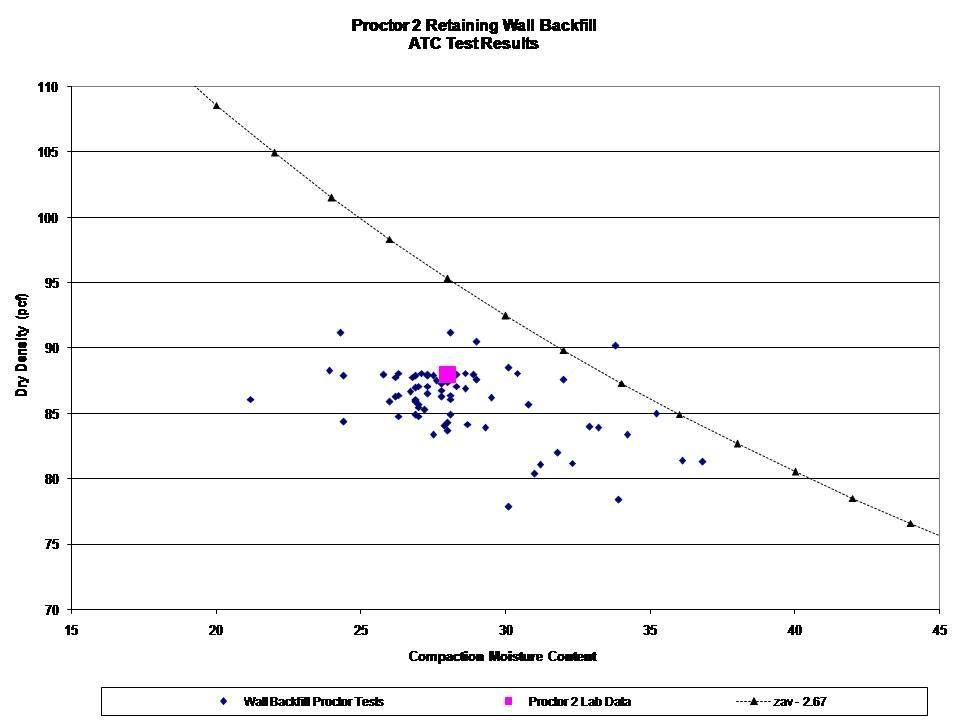oldestguy
Geotechnical
- Jun 6, 2006
- 5,183
I suspect cheating is rare, but what can be done about it for drill crews out there without direct inspection? In the past I was with a state DOT and we had crews and later a consulting firm with our own crews. The latter situation was more likely for problems I found.
I have only had to deal directly with this once, but have heard plenty of stories about "double sampling" and such.
The urge to get to "Miller time" at the end of the day is not good.
With the constant push to stay competitive these days (and for that matter for many years now), besides knowing the guys quite well, what can be done?
I had my ways of checking, but you can't be there all the time.
A recent thread about hollow stem augers brings this to mind.
I have only had to deal directly with this once, but have heard plenty of stories about "double sampling" and such.
The urge to get to "Miller time" at the end of the day is not good.
With the constant push to stay competitive these days (and for that matter for many years now), besides knowing the guys quite well, what can be done?
I had my ways of checking, but you can't be there all the time.
A recent thread about hollow stem augers brings this to mind.

![[cheers] [cheers] [cheers]](/data/assets/smilies/cheers.gif)
